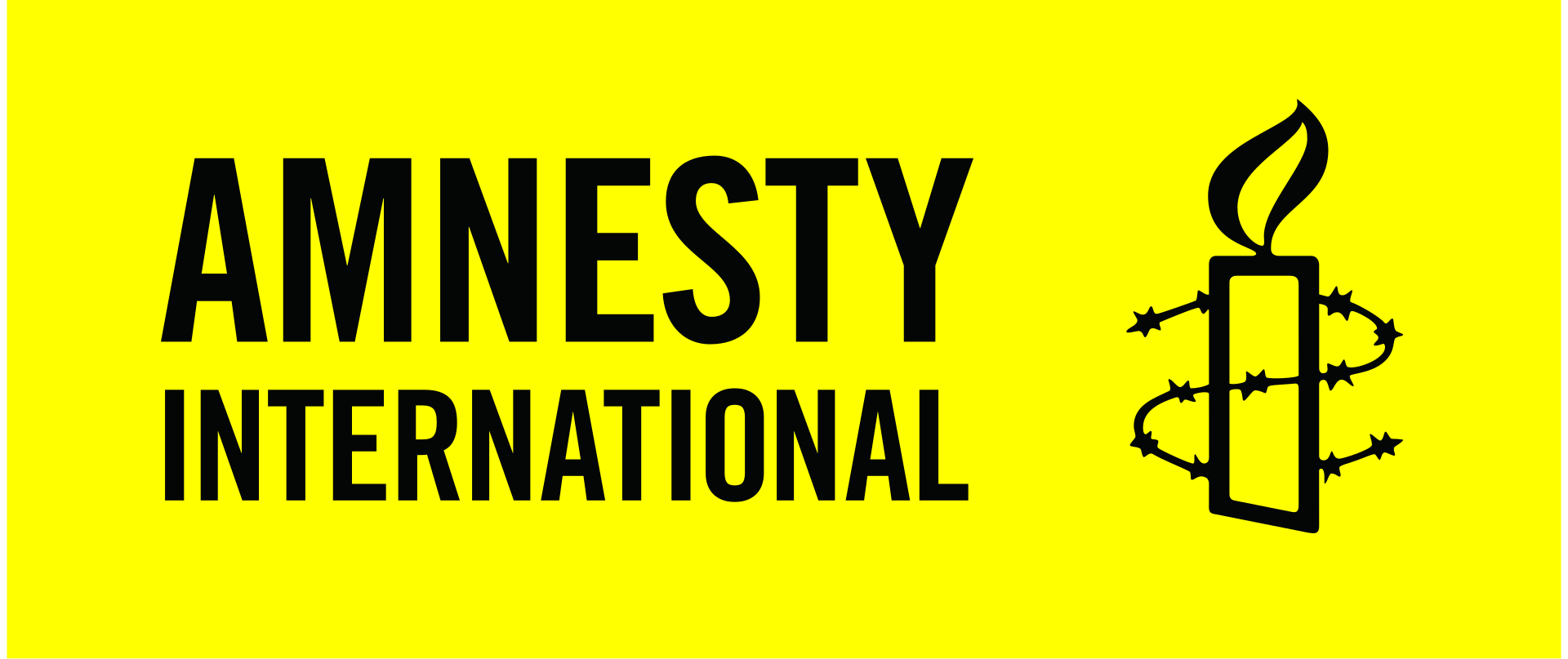
Amnesty International, a leading human rights organization, has raised serious concerns about the Indian government’s increasing misuse of counter-terrorism laws to target civil society actors. This disturbing trend coincides with the upcoming Financial Action Task Force (FATF) plenary, prompting Amnesty International and Front Line Defenders to urge the Indian government to adhere to FATF recommendations without exploiting them to silence dissent.
The recent prosecution of renowned writer Arundhati Roy and Kashmiri academic Sheikh Showkat Hussain under the Unlawful Activities (Prevention) Act (UAPA) is a stark illustration of a broader pattern. Roy and Hussain face charges stemming from a speech delivered in 2010, highlighting the arbitrary nature of such prosecutions. This incident exemplifies the weaponization of the UAPA to target human rights defenders and stifle critical voices within Indian civil society, a practice that has seen a significant rise over the past decade.
Amnesty International’s anxieties are well-founded. In 2023, the organization, along with Front Line Defenders, submitted a detailed report to the FATF secretariat. This report meticulously documented instances where Indian authorities misused counter-terrorism laws to target civil society.
The crux of the human rights organizations’ concerns lies in the potential misuse of FATF’s recommendations. While FATF plays a crucial role in combating terrorism financing and money laundering, its recommendations should not be used to legitimize the suppression of dissent. Amnesty International and Front Line Defenders have issued a joint call to action, urging FATF and its member countries to remind the Indian government of its commitment to upholding FATF’s recommendations while simultaneously preventing the misuse of these standards. This includes ensuring that individuals facing charges have access to due process and their fundamental procedural rights are respected and protected.
The Unlawful Activities (Prevention) Act, enacted in 1967, empowers Indian authorities with broad powers to detain and prosecute individuals suspected of involvement in terrorism-related activities. However, the act’s broad and ambiguous language has created fertile ground for its misuse. Critics argue that the high burden of proof placed on the accused, coupled with the extended periods of pre-trial detention permitted under UAPA, violate fundamental principles of justice.
This misuse of the UAPA has a chilling effect on freedom of expression and peaceful assembly. Civil society actors, journalists, and human rights defenders who raise critical voices against the government or its policies face the constant threat of arbitrary detention and prosecution under the UAPA. This not only undermines the legitimate work of these organizations but also fosters a climate of fear and self-censorship within Indian society.
The recent decision to prosecute Arundhati Roy and Sheikh Showkat Hussain under the UAPA for a speech delivered in 2010 exemplifies the arbitrary nature of such actions. Roy, a Booker Prize-winning author, used the platform to highlight human rights violations in Kashmir, a region with a long history of conflict. Hussain, a respected academic, echoed similar concerns. The decision to prosecute them after such a significant lapse of time raises serious questions about the true motives behind the charges.
This incident is not isolated. Many human rights defenders, journalists, and activists in India have faced similar charges for peacefully expressing dissent. The targeting of Roy and Hussain highlights the vulnerability of civil society actors to arbitrary prosecution under the UAPA.
The FATF plenary provides an opportunity for the international community to address its concerns regarding India’s misuse of counter-terrorism laws. FATF, along with its member countries, should exert pressure on the Indian government to ensure its adherence to the spirit and letter of the organization’s recommendations. This includes a commitment to upholding fundamental human rights and ensuring that counter-terrorism measures are not used to silence legitimate dissent.
Furthermore, the international community can play a critical role in supporting civil society actors in India. This includes providing financial and technical assistance to organizations working to promote human rights and democratic values. Additionally, international pressure can encourage the Indian government to enact legal reforms that address the inherent flaws within the UAPA.
The Indian government’s increasing use of counter-terrorism laws to target civil society actors poses a significant threat to democracy and human rights within the country. The international community, led by FATF, must act swiftly and decisively to address these concerns. This includes urging the Indian government to uphold its commitments to international human rights law and ensuring that FATF recommendations are not misused to stifle dissent. Only through a concerted effort can a climate where civil society can flourish and critical voices are heard be fostered in India.
Amnesty International’s call for action underscores the importance of safeguarding democratic values and human rights in India. The misuse of counter-terrorism laws not only undermines the rule of law but also threatens the very fabric of democratic society. It is imperative that the Indian government, with the support of the international community, takes immediate steps to prevent the abuse of such legislation and to protect the rights and freedoms of all its citizens.
